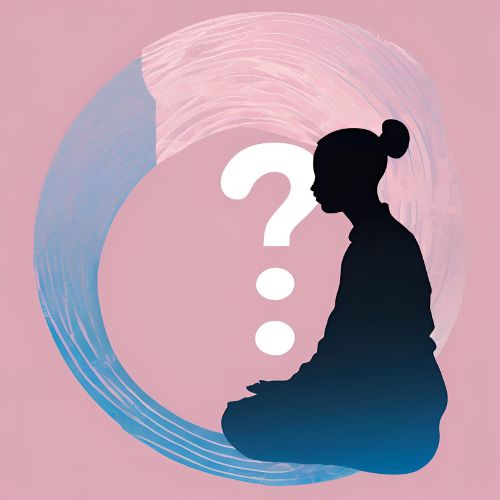What is a 'Person'?

What exactly do we mean when we say 'I' - and is our perception of Self really accurate? In Buddhism, the teaching of anatman, Non-Self, is an important key concept. However, 'Non-Self' does not imply that we do not exist, it merely means that we do not possess an 'I' as we usually define it.
We say "I" at least a hundred times a day - for example, when we look at an old photo and say: "Yes, I was three years old then and just got my first bicycle!" We presuppose with this and similar statements that the three-year-old Self in the photo and the adult Self commenting on the picture are one and the same person. And we also presuppose that when "I will go on holiday to Norway next year", it will still be the same Self who takes the trip. We also love to attach labels to ourselves, such as "I am untalented for music", or "I have OCD".
Self-Reflection: What kind of labels do you often attach to yourself?
So, to put it simply, with every "I"-sentence we assume that somewhere deep inside us there is some unchanging ‘essence’ which connects past and future, be it in this life or the next. And precisely in this line of thinking, according to the Buddha, lies a flaw. For if we really had an immortal, unchanging ‘essence’ which possessed certain qualities and therefore made Anna Anna, and Peter Peter forever, then spiritual practice would be useless; we would just stay as we are for all time and real personal development would not be possible. In ancient India, the idea of an immortal ‘soul’ was the basis for classifying people into different castes, because it was argued that the soul belonged to just this or that caste already before birth. And that is what the Buddha refuted.
However, the fact that there is no "I" in Buddhism in the above-described sense does not mean that we do not exist - it only means that we are constantly changing and evolving. Buddhism defines a person as a continuum of five mutually interacting components: the physical body, sensory perceptions, thoughts, actions and consciousness. These five so-called ‘skandhas’ recombine anew in every moment, sometimes this, sometimes that component coming to the fore. Important: because each moment is causally dependent on the previous moment, there is continuity: we can age, grow our hair, but we cannot suddenly change from a human being into an elephant.
Self-Reflection: Mindfully observe your own five skandhas for a few minutes and observe what they do and how they change.
And rebirth? When we die, the physical body dissolves, and with it sensory perceptions; thoughts and actions follow, because they are based on perceptions. What remains is the deepest part of our consciousness, and this is what Buddhists believe manifests itself again in the next life according to its characteristics. Read more about this in the next article The Eight Consciousnesses.